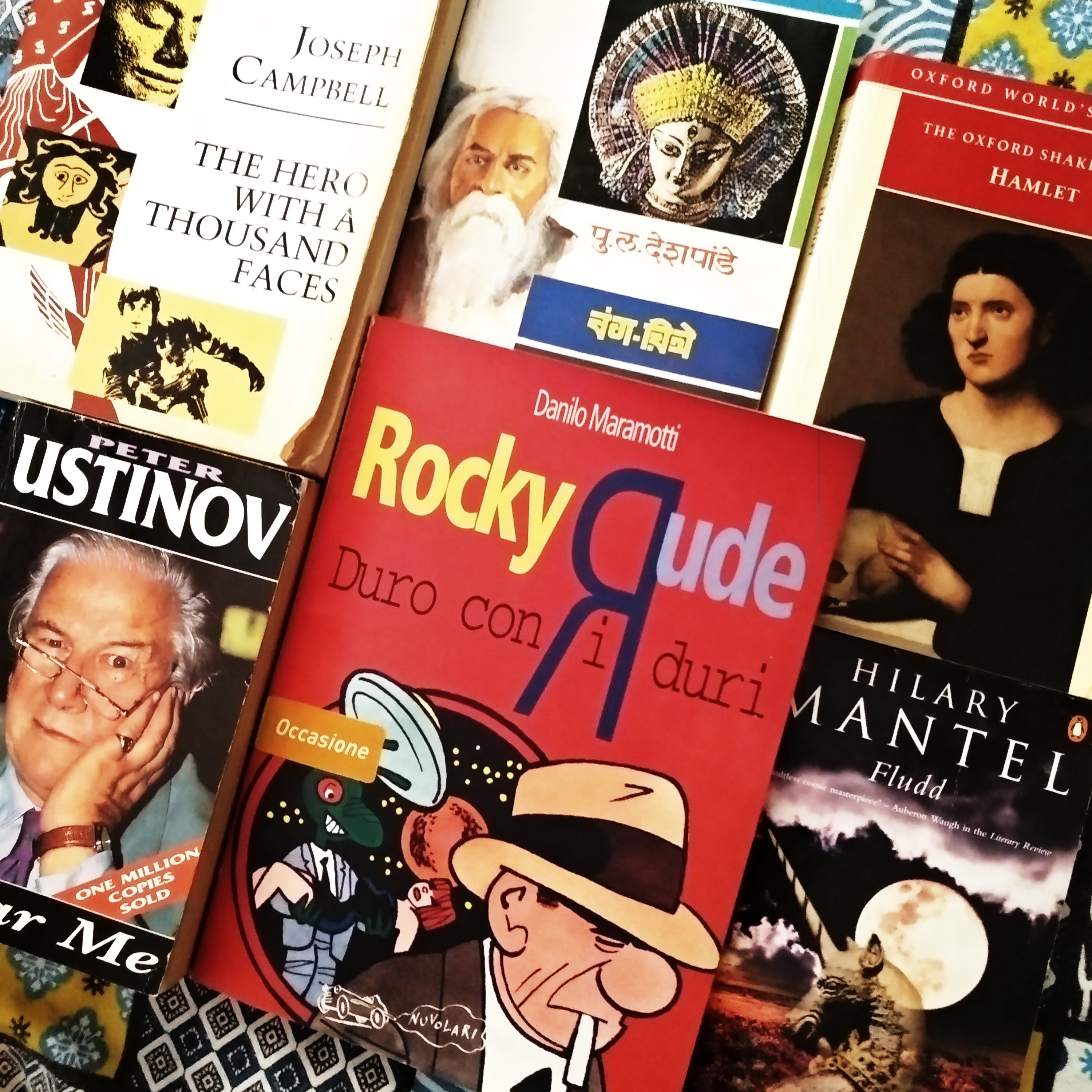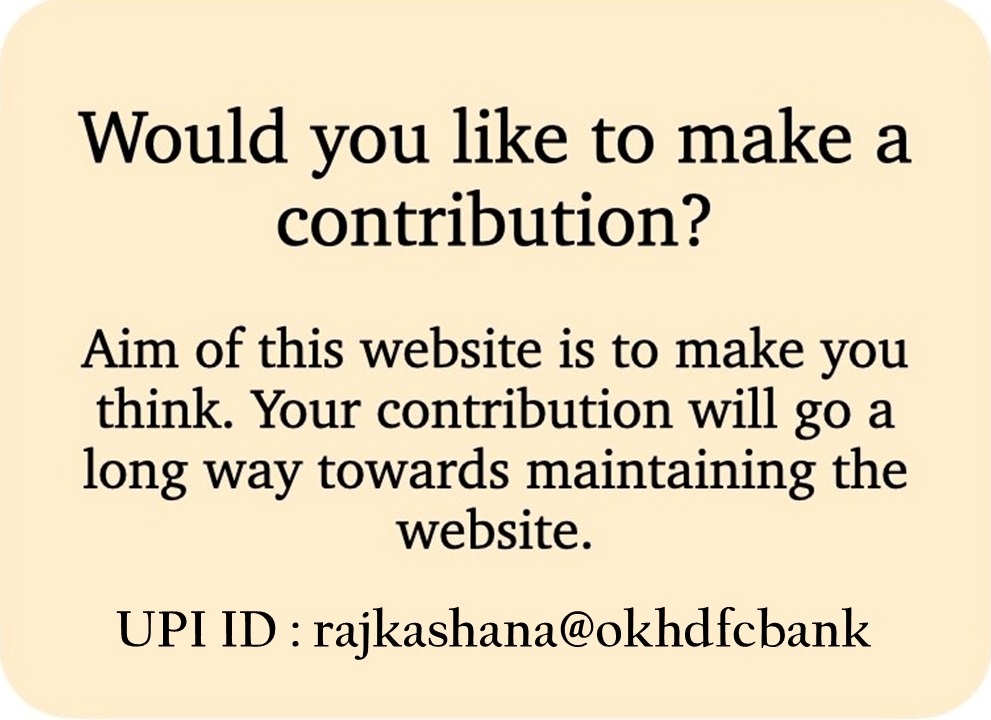1. Ask yourself, why do you want to read?
You may want to read for fun because you are bored. Or learn about a new subject or concept. Asking yourself why would clarify things for you. I learned this after choosing many books one after the other without any rhyme or reason. Nothing wrong with that but choosing books with care helps in the long run.
2. Drop the book if it does not engage you.
I drop the book if the first 50 pages fail to engage me, no matter how many awards the book has won or how much praise it has received from the critics. It’s not working for me and that’s that. One example is the book London Fields by Martin Amis. I got so tired with the tricks and stratagems of the author that I could not continue. I prefer a story instead of clever efforts to redefine the novel form or something, unless the redefining happens naturally and not because the author just wants to be clever. I give the writer 50 pages because sometimes the work may not be evenly distributed.
3. Pay attention.
Nietzsche praised slow reading. While talking about philology (loosely study of languages, among other things), he says, “[Philology] teaches how to read well, that is, slowly, profoundly, attentively, prudently, with inner thoughts, with mental doors ajar, with delicate fingers and eyes.” Our memories are very fragile. If it’s a non fiction work, you will forget most of the concepts quite easily unless you are paying attention.
For fictional work, remember that with every novel, novella or a shot story you are shooting a movie inside your head. That’s why reading takes a lot of brain power. If you are distracted, the movie will be shot with low production values and not worth watching. If you choose the book well and read carefully, the movie in your head will be a good one.
4. If possible, read the book before watching the movie.
If you watch someone else’s movie first, it’s going to affect your movie. I saw The Shawshank Redemption first so when I read the Stephan King novella on which it is based, the voice of Morgan Freeman was in my head all along. But recently when I read Dostoevsky’s The Idiot, I had my own cast and movie. The scene from the climax is seared in my brain. Nastasya is dead, lying on the bed in a dark room with no lights. She is dead from a stab wound in her heart but there is no blood. She is covered with a white sheet, only a small foot is visible, white like a marble from lack of blood. Rogozhin, her murderer, is talking incoherently which indicates his slow descent into madness. And Prince Myshkin, her friend, is in shock. If you shoot your own movie carefully, it remains there forever. But for this to happen, the novel has to really engage you. Hence rule no. 2. Don’t create a movie that does not engage you.
5. Only one book at a time.
I used to read two, three or even four books simultaneously. The problem was retention. Attention divided is attention lost. Once you realize that you are no longer playing the number game (how many books can I read in a month or an year) it’s quite easy to stick to one book at a time.
6. Try reading in different languages.
If you speak another langue, try reading books in that language. It’s a completely different experience. If you don’t speak a second language, think about learning one. The benefits are immense, there is no downside and it can be quite fun. I speak four languages but my reading experience varies greatly in all four. For instance, I enjoy poetry in these languages in this order, beginning from most enjoyable to least enjoyable
Hindi/Urdu > English > Italian > Marathi.
The shocker? Marathi is my mother tongue, the first language that I ever learned and yet, I find it very difficult to appreciate Marathi poetry, especially the contemporary poets. What’s the reason behind this? I have absolutely no idea but I am sure there is some complex neurological reason behind it, dealing with how our brain responds to languages and abstract imagery used in poetry. Fortunately, not my subject to worry about.
7. Jump genres.
Try to avoid reading one genre or one author continuously. Unless you really want to. 😀 I did it for Ian Rankin’s Inspector Rebus series – read the whole series in one go. But that was an exception. Normally I try to vary the genres as much as possible. So after reading The Idiot, I read a Lee Child’s Jack Reacher novel. Dostoevsky is great but if I read him too much at one time, very soon I might go all nihilistic and depressed. I say this tongue-in-cheek but reading the same type of literature (and watching the same type of movies), changes your world view in very subtle and unconscious ways. You have to be very attentive to allow only those changes that are beneficial.
Reading is a slow pleasure, as opposed to quick thrills like social media or PUBG. In a world that wants everything done yesterday, reading forces you to slow down, if you allow it. I think that’s a great quality to nurture.



